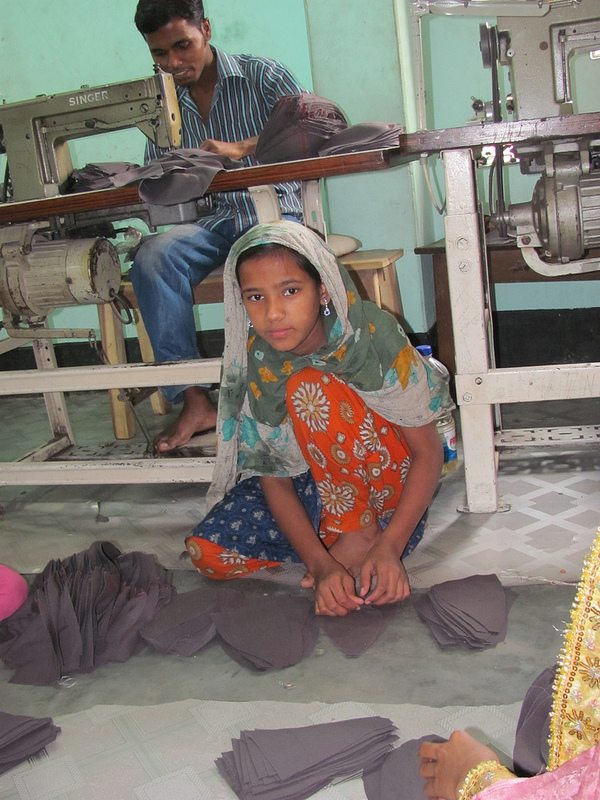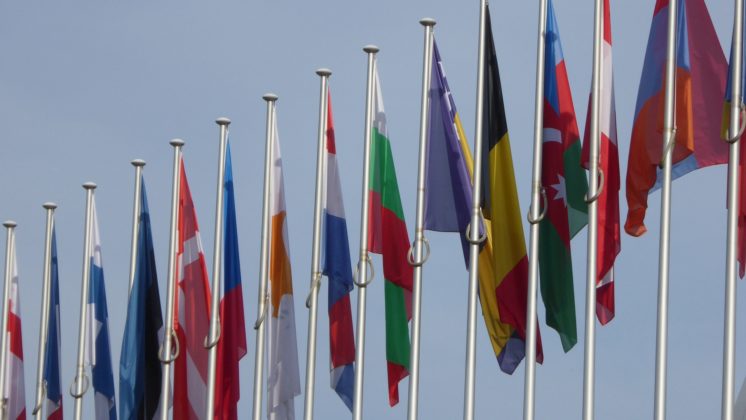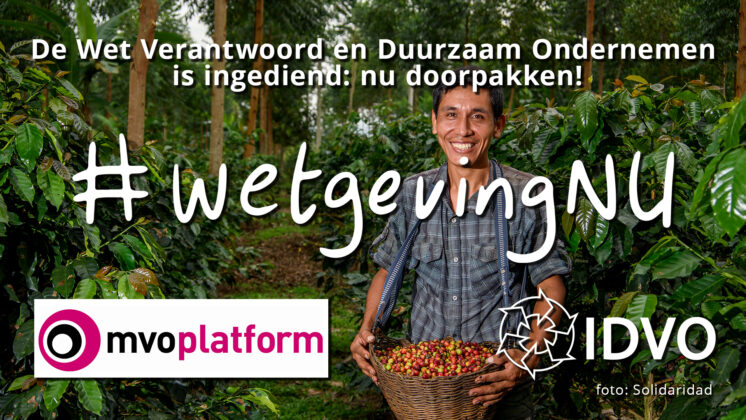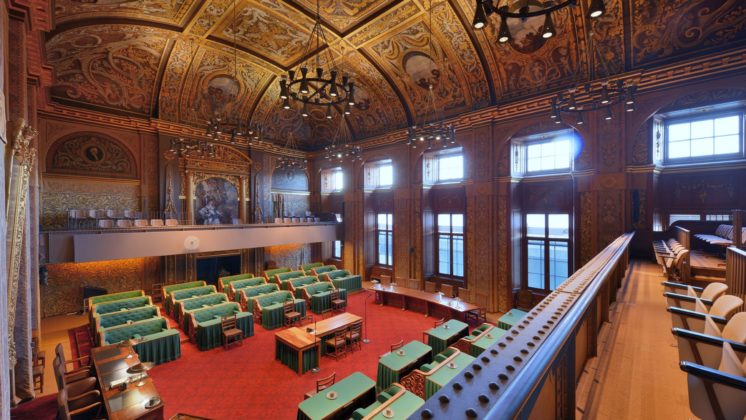At a conference in Berlin on November 25th, the Dutch Minister for Foreign Trade and Development Cooperation, Lilianne Ploumen, publicly voiced her concern that the Dutch clothing brands Coolcat, Prénatal and Wibra are dodging their responsibility for labour conditions in the supply chain by not signing the ‘Accord on Fire and Building Safety Accord in Bangladesh’. The Minister’s ‘naming and shaming’ strategy proved to be extremely effective – within days of the Minister’s statement, two of the three brands named indicated that they would sign the Accord.

Following the tragic loss of life in the Tazreen (Bangladesh) factory fire in November 2012, several Dutch clothing brands signed the Accord. The Accord is designed to make all garment factories in Bangladesh safe workplaces. The three brands mentioned by the Minister source garments from Bangladesh, but had appeared unwilling to sign the agreement. The Minister mentioned this explicitly and publicly, giving the brands an ultimatum: either sign the agreement or lose credibility vis-à-vis their customers. The Minister also mentioned companies’ responsibility to pay a living wage, which is not part of the agreement. The statements are part of her continuous efforts to improve labour conditions in the garment
industry in Bangladesh.
Reputational damage
The tactic of ‘naming and shaming’ – and the associated threat of reputational damage – has proven to be an effective strategy to push laggards to accept responsibility for improving social and environmental conditions throughout the supply
chain. Actually, it is surprising that the Dutch government does not use this strategy more often: it is cheap, effective, and there is no need for additional regulation – which is something that should also appeal to the Liberal Party currently in power in the Netherlands.
Fair picture
In
fact, the Dutch government often chooses the opposite strategy – ‘naming and faming‘ companies that are doing well, or appear to be doing well. For example, the Dutch government’s Transparency Benchmark annually ranks and screens 500 Dutch companies based on the degree of transparency they provide on CSR issues. The highest ranking companies are awarded a prize and positive media attention. But why does the Dutch government not also focus attention on the 50% of companies that scores zero (out of the 200 points that can be earned) year after year? Doing so would provide a real and
effective incentive for those businesses lagging behind to improve their performance. Under the current practice, these companies are very difficult to find.
Government policy
The MVO Platform would welcome a more frequent use of ‘naming and shaming’ by the Dutch government as part of its CSR policy. When companies linked to human rights abuses ignore their responsibility to prevent adverse effects on people and the environment, and when they fail to actively assess the risks associated with their activities,the government should make their names known!


